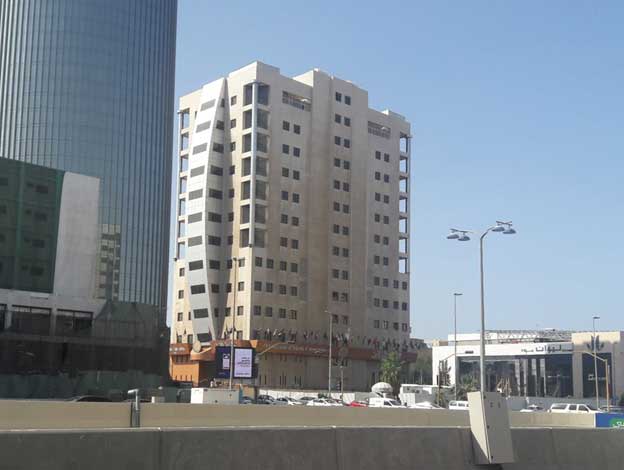Israel’s Supreme Court strikes down judicial overhaul law | Benjamin Netanyahu News
The majority of the court’s judges vote to strike down the law, saying it would severely damage Israel’s democracy.
Israel’s Supreme Court has struck down a highly disputed law passed by Prime Minister Benjamin Netanyahu’s right-wing government that rolled back some of the high court’s power and sparked nationwide protests.
The law, passed in July, was part of a broader judicial overhaul proposed by Netanyahu and his coalition of religious and nationalist partners.
The legislation brought before the court had removed one, but not all, of the tools the Supreme Court has for quashing government and ministers’ decisions. It took away the court’s ability to void decisions that it deemed “unreasonable”.
Eight of 15 justices ruled in favour of nullifying the law, the court said on Monday.
Justice Minister Yariv Levin, a Netanyahu ally and the architect of the overhaul, lambasted the court’s decision, saying it demonstrated “the opposite of the spirit of unity required these days for the success of our soldiers on the front”.
The ruling “will not discourage us”, Levin said without indicating whether the government would try to revive his plan in the short term. “As the campaigns are continuing on different fronts, we will continue to act with restraint and responsibility.”
Opposition lawmakers praised the ruling. They had argued that Netanyahu’s efforts to remove the standard of reasonability opens the door to corruption and improper appointments of unqualified cronies to important positions.
The Supreme Court, in a summary of its decision, said the majority of judges ruled to strike down the law because it would severely damage Israel’s democracy.
The move was a significant blow to Netanyahu and his hardline allies, who argued the national legislature, not the high court, should have the final word over the legality of legislation and other key decisions. But the justices said the Knesset, or parliament, does not have “omnipotent” power.
Netanyahu and his allies announced their sweeping overhaul plan shortly after taking office a year ago. It calls for curbing the power of judges, from limiting the Supreme Court’s ability to review parliamentary decisions to changing the way judges are appointed.
The government said the changes aim to strengthen democracy by limiting the authority of unelected judges and turning over more powers to elected officials. But opponents see the overhaul as a power grab by Netanyahu, who is on trial on corruption charges, and an assault on a key watchdog.
Before Israel launched its latest assault on the besieged Gaza Strip on October 7, hundreds of thousands of Israelis took to the streets in weekly protests against the government.
Among the demonstrators were military reservists, including fighter pilots and members of other elite units, who said they would stop reporting for duty if the overhaul was passed. The reservists make up the backbone of the military.
Under the Israeli system, the prime minister governs through a majority coalition in parliament – in effect giving him control over the executive and legislative branches of government.
As a result, the Supreme Court plays a critical oversight role. Critics said that by seeking to weaken the judiciary, Netanyahu and his allies are trying to erode the country’s checks and balances and consolidate power over the third, independent branch of government.
Check out our Latest News and Follow us at Facebook
Original Source






